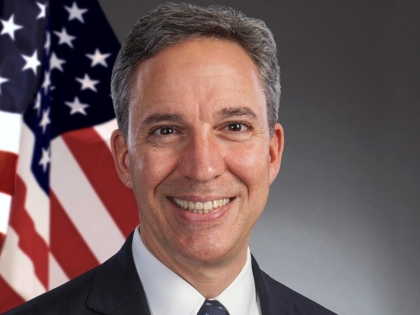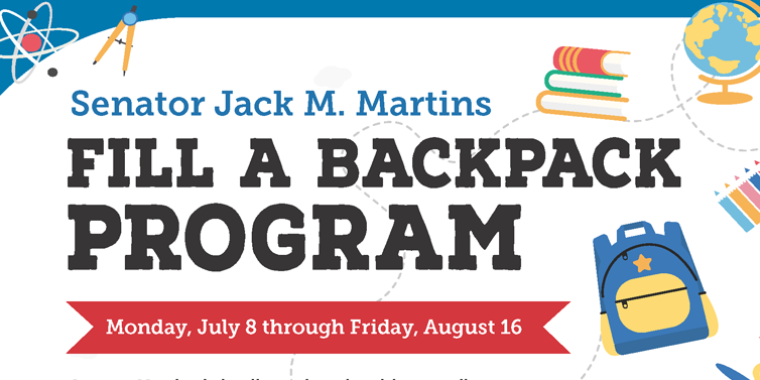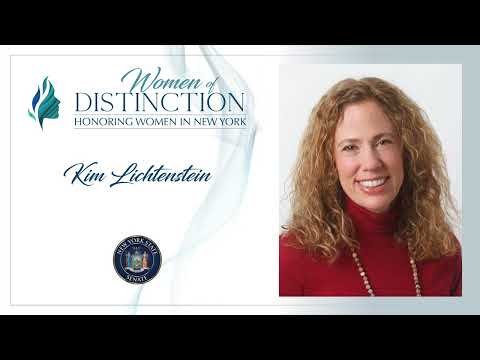
From the Desk of Senator Jack M. Martins
Jack M. Martins
January 17, 2012
-
ISSUE:
- Controlled Substances
The New Face of Drug Abuse
It never ceases to amaze me how much suffering can stem from things that were actually intended to be helpful. Case in point would be the latest drug epidemic that has seized our country, and more so our state. Surprisingly, it doesn’t involve heroin, crystal meth or any of the many other illicit, designer drugs out there, although each certainly brings plenty of heartache and loss. Rather, the crisis that now challenges us involves the abuse of prescription painkillers. What many of us have had in our medicine cabinets at one time or another is now responsible for tearing apart the lives of thousands of individuals and families.
Let’s begin by wrapping our heads around some astonishing numbers. New York has seen a rapid escalation for these painkiller prescriptions, more than 22 million of them written in 2010, a 36 percent increase since 2007. Worse still, scripts for oxycodone, a widely-used narcotic, rose by a whopping 82 percent. As a Newsday editorial so deftly pointed out, “Life hasn't gotten 82 percent more painful in three years.” Nationally, the number of overdose deaths from these drugs is now greater than those of heroin and cocaine combined and before we mistakenly characterize this as a young people problem, middle-aged adults have the highest rates of painkiller overdose. The non-medical use costs insurers about $72.5 billion per year and those costs inevitably work their way down to each of us.
What these numbers clearly indicate is addiction, lots of it, and the result has been a nationwide crime wave of pharmacy robberies with addicts going after pills, not money. Unfortunately, Long Island is at the center of this storm with two robberies that ended in the shooting deaths of six people.
So how do we fairly combat drugs that must also be available to those who legitimately need them? There are numerous ideas, everything from bulletproof pharmacy counters to long-term, mandatory addiction training for doctors and pharmacists. Many are potential tools that must be considered. I happen to support the much discussed statewide “real time” system for tracking the dispensation of narcotic painkillers. The participation of both doctors and pharmacists looks to be the best way to prevent addicts from "doctor shopping" to get multiple prescriptions.
In my office I’ve focused on the startling reality that these opioids are often crushed so they can be snorted or injected for a high. However, there are “tamper-resistant” formulas that are impossible to break down or whose effect is negated when crushed. I believe they offer a sensible way of removing the lure of the drug while keeping its medicinal value intact for those who need it.
Currently, if a doctor prescribes this tamper-resistant version, pharmacies must substitute it with the cheaper, crushable, generic with no questions asked. The bill I have introduced (S6062) prevents the substitution without the prior, written consent of the prescribing physician unless the generic is also “tamper-resistant.” While I was originally concerned that this might give an unfair advantage to some pharmaceuticals, the fact is these formulas are clearly necessary and will inevitably spur development of cheaper tamper resistant generics.
Patients can of course still request a generic from their doctors, but that would hopefully prompt a discussion about the doctor’s decision to write a “tamper-resistant” prescription. In that light, this legislation promotes the exchange between patient, pharmacist and doctor, possibly making it the first-step to addiction recognition and recovery. It prevents an addict from skirting a doctor’s decision and gives the discretion to a professional who can recognize signs of addiction – the doctor. This bill has the support of the National Multiple Sclerosis Society, New York Osteopathic Medical Society, and the Center for Lawful Access and Abuse Deterrence.
Admittedly, none of the proposed legislation alone will cure prescription drug abuse, but together they will make a difference – a difference we can’t afford not to make. As always I encourage you to please e-mail me at martins@nysenate.gov and share your thoughts and comments.
Share this Article or Press Release
Newsroom
Go to NewsroomFill a Backpack Program
June 25, 2024


